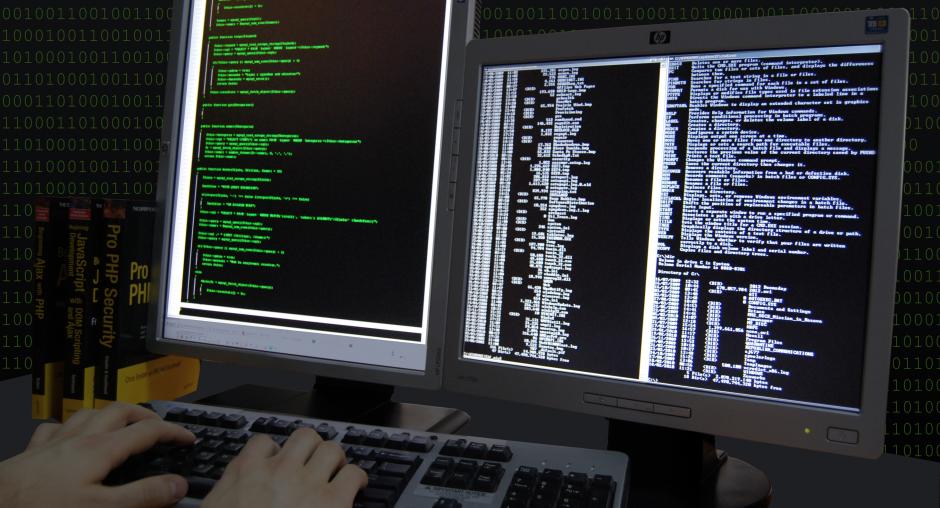OSCE Mission trains Kosovo police in tackling cybercrime
Cybercrimes such as identity fraud, credit card fraud and money laundering are worldwide problems that need to be tackled through a combination of laws and law-enforcement resources and expertise. The OSCE Mission has been helping Kosovo to develop the required mechanisms to fight this type of crime.
The Mission's involvement in developing Kosovo's security and public safety sector dates from 1999 when it helped establish the public safety agency. Now it provides the agency with specialised training and supports staff development to ensure its long-term sustainability.
"The Kosovo police had not received this kind of training in the past," says OSCE project manager Ibrahim Gultekin, explaining that cybercrime training was identified by the Mission as a priority in 2009 and would remain so this year.
An initial training course was conducted last November by two Turkish police experts with outstanding careers at home, who have received a number of national and international awards. Kosovo police officers from the counter-terrorism department, directorate of economic crime and corruption, directorate of organized crime and directorate of crime analysis attended the two-week course.
Out of this group of participants five police officers were identified as potential trainers so that the Kosovo Police will in future be able to conduct its own cybercrime training.
Zijadin Isaku, from the department of economic crime and corruption, is one of 16 police officers who benefited from this training. He started cybercrime investigation in 2006, but without any technical expertise or experience, instead having to rely on external assistant: "On my first case I worked with the help of Guardia di Finanza [Italian financial police]," he recalls.
Isaku cites as an example of his department's work a case from 2008 where a group of three hackers from Kosovo managed through 'phishing' (gaining sensitive information through emails that purport to be from other sources) to gain data from two companies that maintained the websites of some 30 pop singers in Kosovo. Once they had accessed the sites they threatened to publish sensitive content unless they received 5,000 Euro from each. "The case was reported to the police and through IP addresses within 24 hours we managed to identify and arrest the hackers," says Isaku.
The cybercrime training enhanced his basic knowledge and skills to conduct effective investigations, and most important, it motivated him to keep up with his work. He suggests that a study visit to Turkey will be helpful in getting to know the legislation they have, the network, methods and the equipments they use.
"Cybercrime is one of the fastest growing criminal activities and a real threat," says Isaku. He suggests special IT units should be set-up to counter it and noted that international co-operation is needed to be able to tackle cyber threats successfully.
Sharing information crucial
Blerim Krasniqi, Head of IT Forensics, supports the idea of sharing information among law-enforcement and inter-regional agencies. He is convinced of the need to pursue a common criminal policy aimed at the protection of society against cybercrime. "Adopting appropriate legislation and fostering international co-operation is the only way forward," says Krasniqi.
In Krasniqi's view, Kosovo's current legislation on cybercrime is a problem and suggests that it should to be updated in line with European conventions. "It's not only the law, language is a problem also," he says. "It is difficult to explain things to a judge or prosecutor when we have a cybercrime case," he said, explaining that the programming language is hard to translate and communicate to people without IT expertise.
The November training was just the first phase of the OSCE's project. Two additional training courses - on advanced cybercrime and an advanced IT forensic course - are planned for this year.
Krasniqi considers the training of all law-enforcement agencies an urgent need in order to keep up with cybercrime trends. "With the globalization of cybercrime the challenges are increasing," he says.

